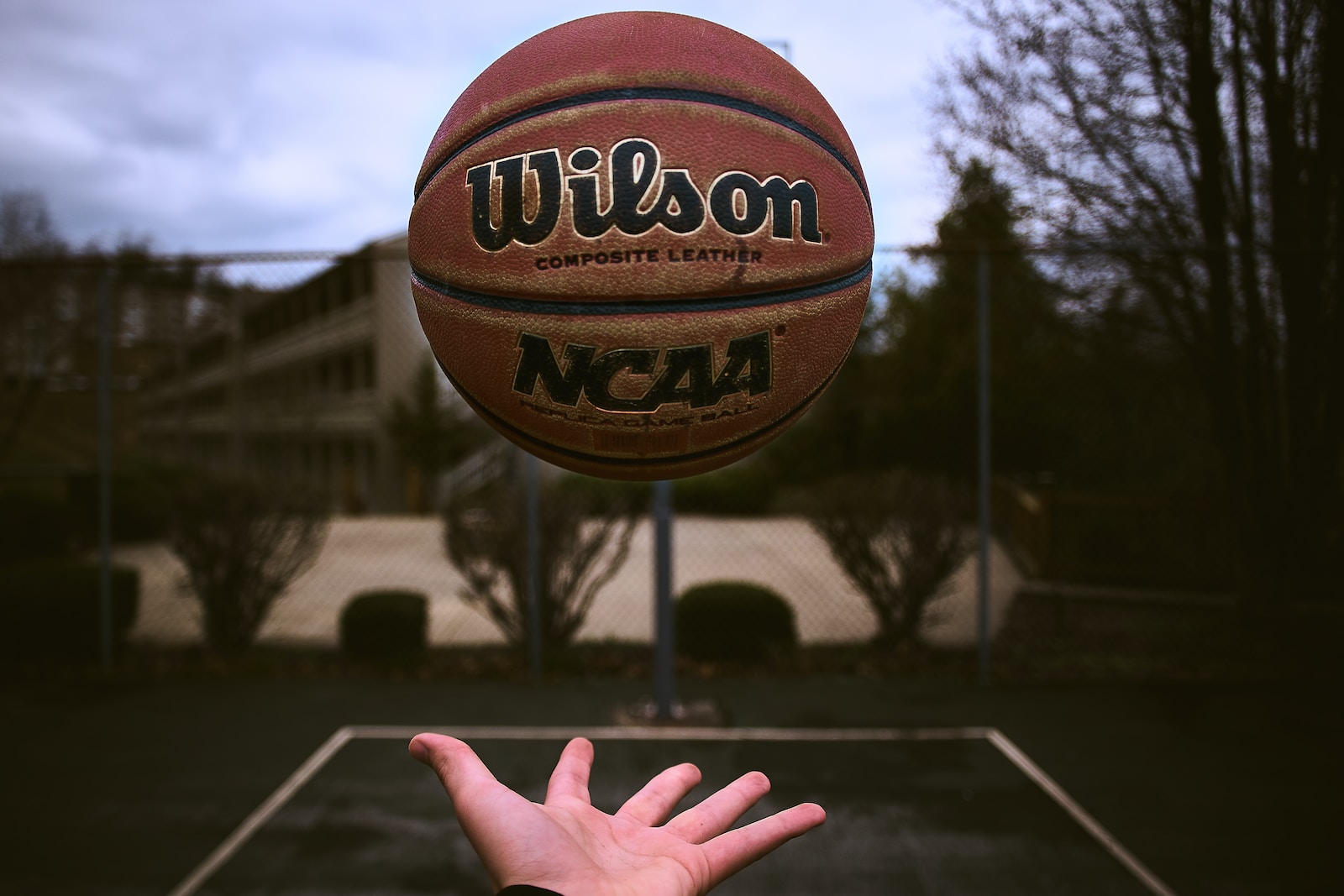If you are interested in playing for your college basketball team, you might be wondering if there is a legal age requirement that must be met. For example, you might be a little older than many of your fellow students and aren’t sure if the team will be able to let you join on with the hopes of making a few plays. This brings up the question, can a 23-year-old play college basketball?
Yes, believe it or not, a 23-year-old can play college basketball. The NCAA hasn’t officially set an age limit for their athletes, though there is a requirement when it comes to Division I athletes and their eligibility. For example, most Division I schools have a grace period of just one full year after your high school graduation. If you still aren’t enrolled in any type of college program after that timeframe, the school might not allow you to participate.
This is a pretty interesting topic though, and one that could be very confusing for people looking into the NCAA rules and regulations.
No Age Requirement
The most important thing to remember here is that the NCAA doesn’t have an official age limit for student athletes. There’s nothing out there where the NCAA has openly stated that people over the age of 22 years old can’t participate in collegiate sports. This doesn’t mean that it’s just a free pass to join whenever you want. The NCAA goes around setting an age requirement because they set such strict eligibility requirements.
So, if you go to research whether or not you have the capability of playing and see that the NCAA doesn’t have an official age requirement, don’t jump the gun just yet. There’s much more to the NCAA rulebook and their eligibility requirements than just a simple age range that you have to fit in.
Eligibility Requirements
Most people finish high school at around the same age range, which is why the NCAA set the grace period for one year. This means that most high school athletes have until their 21st birthday to at least enroll in a Division I school. Like we said earlier, when you graduate from high school, you have a full year to at least enroll in a program that you’d like to play for. Also, some schools require a certain GPA because they value academics. The normal requirement for GPA is at least a 2.3. On top of that, you must have passed at least 16 core classes and have taken the SAT and ACT. So, be very aware of how you’re doing academically as well.
These eligibility rules also go for Division II schools, so there’s not much of a difference between the two. However, Division III schools do have a bit of a longer grace period than the other two, but it’s not like an everlasting period. The only few sports that really differ from these generic grace periods that are set are sports like tennis and ice hockey. We’re talking about basketball here though, so you don’t have to worry about that area of the rulebook.
Playing At 23
Now, you might still be wondering if you can play basketball at 23 years of age given the eligibility requirements. You are certainly able to, you just have to enroll in a school within that initial grace period. If you are able to accomplish that, then you’re going to be able to play college basketball for up to four years. If you enroll into a school at 21 years of age, then you can absolutely play for the next few years when you are 23. If you plan on jumping into the NBA or the G-League, then chances are you won’t be playing up to that age. Most players, at least those that have professional league expectations, forgo their remaining years of eligibility to get there faster.
But for those that have been at a school for a while, heading there straight after high school, and sitting at 23 years of age, you might be wondering if you could make it. This doesn’t guarantee that you make the team, but there’s just nothing stopping you from at least trying. Again, meeting those eligibility requirements makes all the difference. Once you do, you could test your luck at any point within those four years of being enrolled.
You’re Not Guaranteed Playing Time
Unfortunately, even if you make the team, this doesn’t mean that you’ll be guaranteed playing time. Let’s say that you waited a year or two to try and get on the team. You’re 23 years old with maybe one year left of college eligibility. You might not have aspirations of making the NBA, but you want to just at least try it. If you make the team, the coach might not even play you. This might sound incredibly blunt, but it’s the harsh reality of college sport. Not everybody gets an opportunity, so you’ll need to be ready for all situations when you head into this.

When it comes to high school basketball, some schools might lean more towards the older kids when it comes to playing time just because they’ve been there and have more experience. Most of the time they are more talented as well. In college, everybody is on even playing fields and older kids aren’t always given the green light over younger ones just because of seniority.
Exceptions To The Four-Year Period
We stated earlier that you can only play college basketball for up to four years before you lose your eligibility at that school, but there are exceptions for an extra year. You’d have to talk directly to the NCAA, though it’s totally possible that you can grant one more season if you fall under one of these categories. The categories include pregnancy, military service/religious missions, internships, studying abroad, or circumstances that are beyond your control.
This doesn’t mean that you can “technically” fit yourself into any one of these categories. It just means that you can speak to the NCAA and submit a request for another year, and they’d have to undergo the review process for you. If they don’t feel like you meet these exception requirements, then they don’t have to give you that extra season. It’ll be completely up to them.
